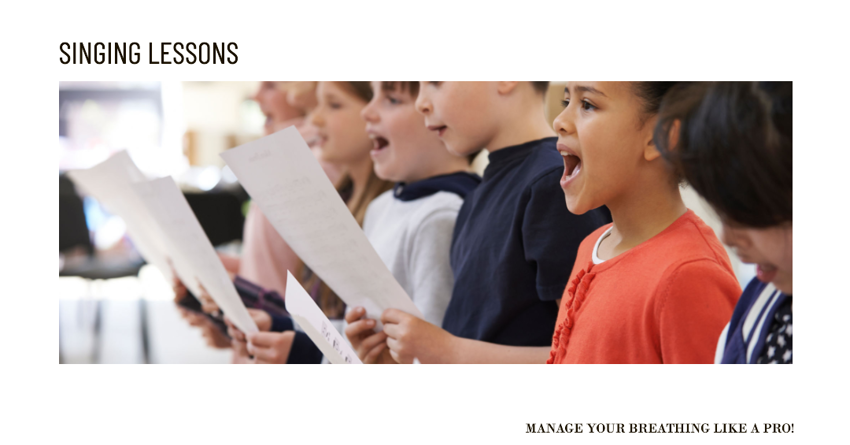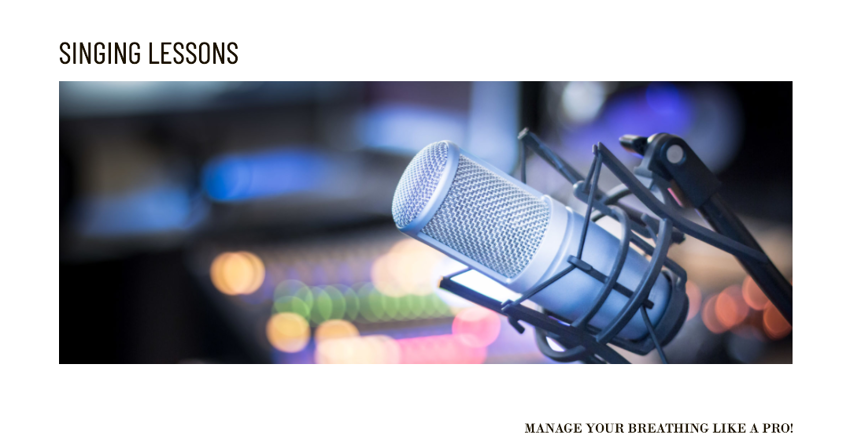Mastering Breath Control: Essential Tips for Singers to Improve Their Sound
As a singer, managing your breathing is essential for producing a powerful, controlled sound. Breath control is a foundational technique that is essential for any singer, whether you're a beginner or a seasoned pro. Here are some tips on how to manage your breathing while singing:
A. Start with good posture: Good posture is crucial for effective breathing while singing. Stand up straight with your shoulders relaxed and your feet shoulder-width apart. Keep your head level and your chin parallel to the ground. This will help to open up your chest and allow you to take in more air.
B. Use your diaphragm: The diaphragm is a muscle located below your lungs that helps to control your breathing. When you inhale, your diaphragm should contract and move downward, allowing your lungs to expand and take in air. When you exhale, your diaphragm should relax and move upward, helping to push air out of your lungs.
C. Take deep breaths: When you take a deep breath, you can fill your lungs with more air and have more breath to work with. Take a deep breath in through your nose, allowing your stomach to expand as you inhale. Hold the breath for a few seconds, and then release it slowly through your mouth.
D. Control your breath: It's essential to maintain control over your breath while singing. You don't want to exhale all of your breath at once, as this can cause you to lose control over your sound. Instead, exhale slowly and steadily, controlling the release of air from your lungs.
E. Use breath support: Breath support is essential for producing a strong, sustained sound while singing. To use breath support, engage your core muscles and push the air out from your lungs with control. This will help you to produce a more powerful and sustained sound.
F. Practice breathing exercises: There are many exercises you can do to improve your breath control while singing. One popular exercise is the "lip trill," where you vibrate your lips together while exhaling, creating a buzzing sound. This helps to build your diaphragm and improve your breath control.
G. Stay hydrated: It's important to stay hydrated while singing, as dehydration can cause your vocal cords to become dry and strained. Drink plenty of water throughout the day to keep your vocal cords hydrated and healthy.
In conclusion, managing your breathing while singing is crucial for producing a strong, controlled sound. By practicing good posture, using your diaphragm, taking deep breaths, controlling your breath, using breath support, practicing breathing exercises, and staying hydrated, you can improve your breath control and take your singing to the next level.



0 Comments